Inside the world of modern motorsport technology



ASTON MARTIN VANTAGE British marque reveals its latest GT3 Evo package






ASTON MARTIN VANTAGE British marque reveals its latest GT3 Evo package



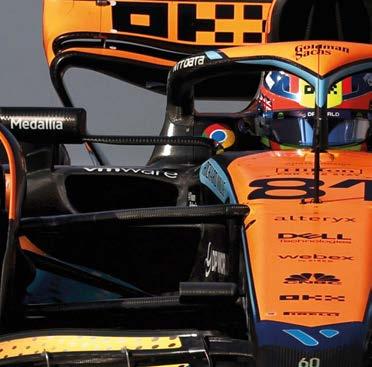


MINI MAGIC Entry-level electric racer for honing driver talent
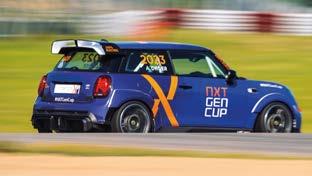
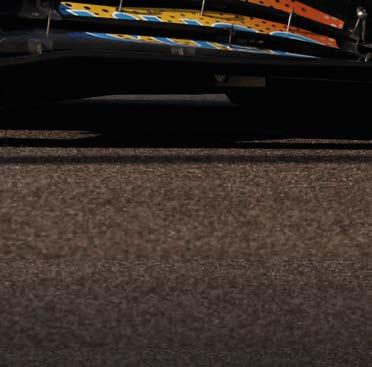
BALANCE OF PERFORMANCE

Meeting the cost of tech specs in one-class racing






In an attempt to catch Red Bull, several teams moved towards a similar design for the new season, only to be met by a radical response from the reigning champion
By DANIEL LLOYDFormula 1 has just passed the midpoint of the current technical regulations cycle.
Ground effect cars returned in 2022 and now have two seasons under their belt, but they still have two more to run before the hotly anticipated power unit overhaul arrives in 2026.
In planetary terms, F1 recently reached the furthest point of its current technological orbit. However, as more time passes and the 2024 season runs its course,
so the perihelion and the start of a new cycle will draw closer. The sense of distance was expressed in a lack of changes to the technical regulations for the new season.
The porpoising problems of 2022 were largely alleviated with sweeping changes, including increases in the floor and diffuser throat heights. No such wholesale issue manifested last year. Any performance shortcomings came down to individual cases at the teams that could be addressed through upgrades.
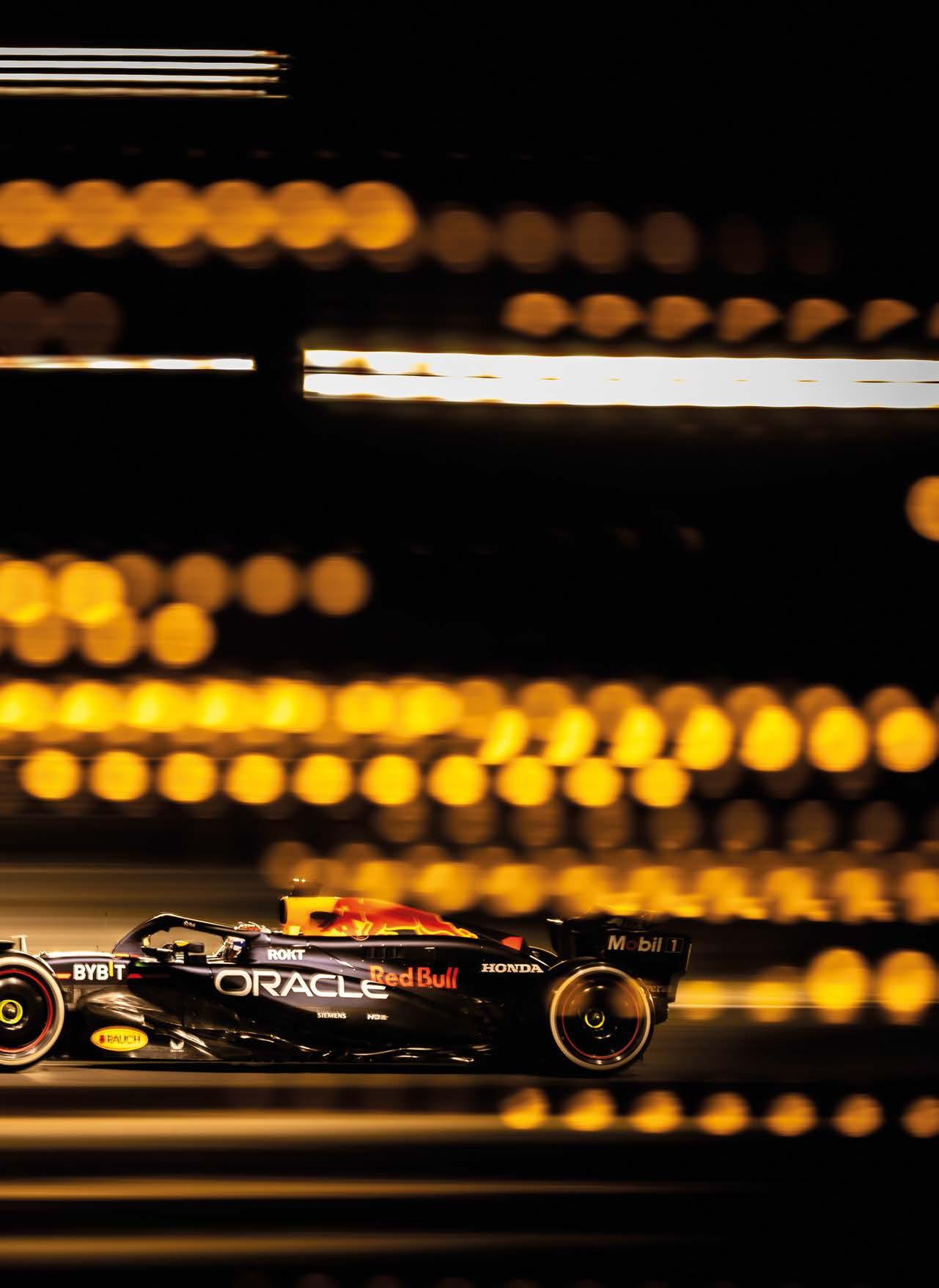
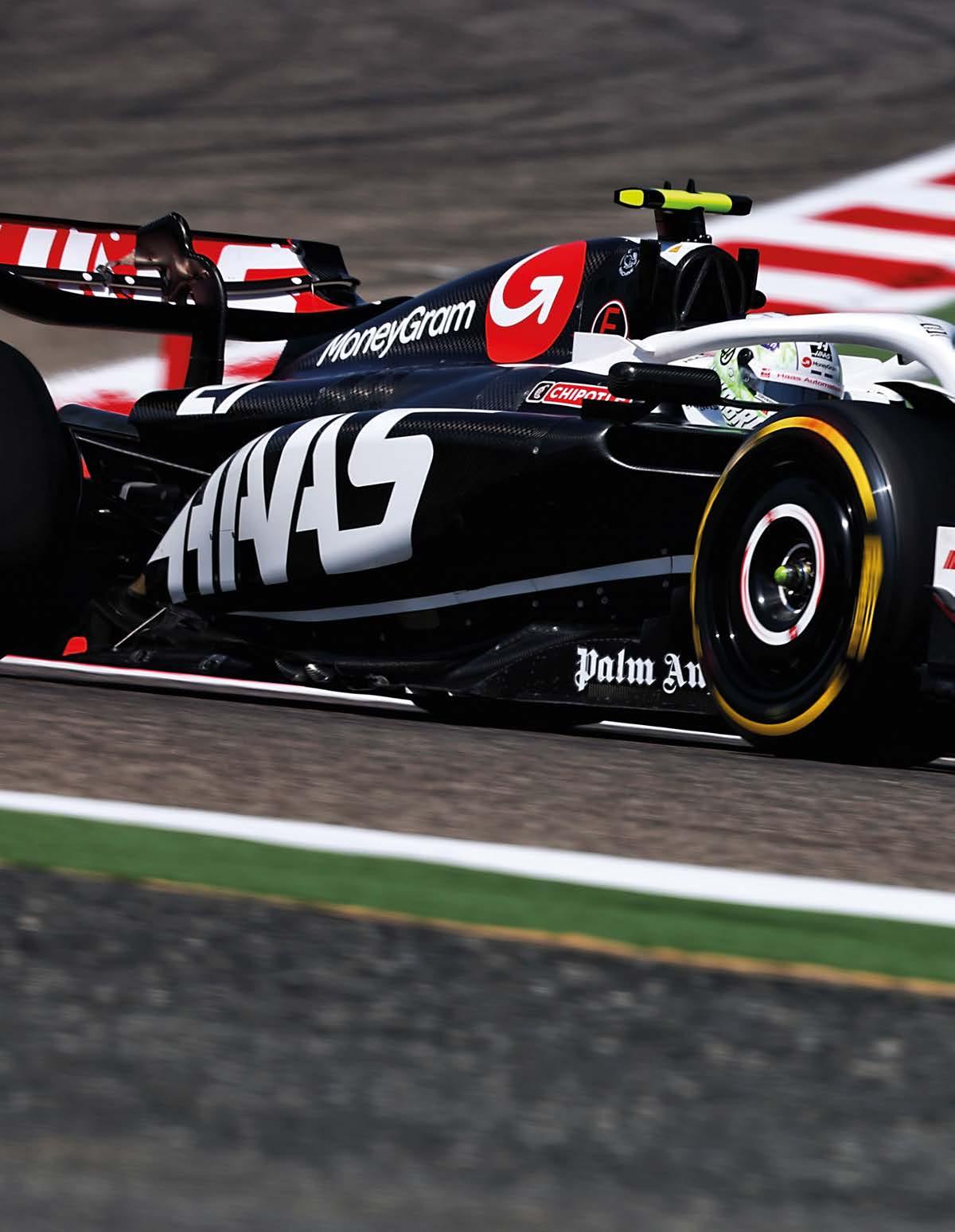


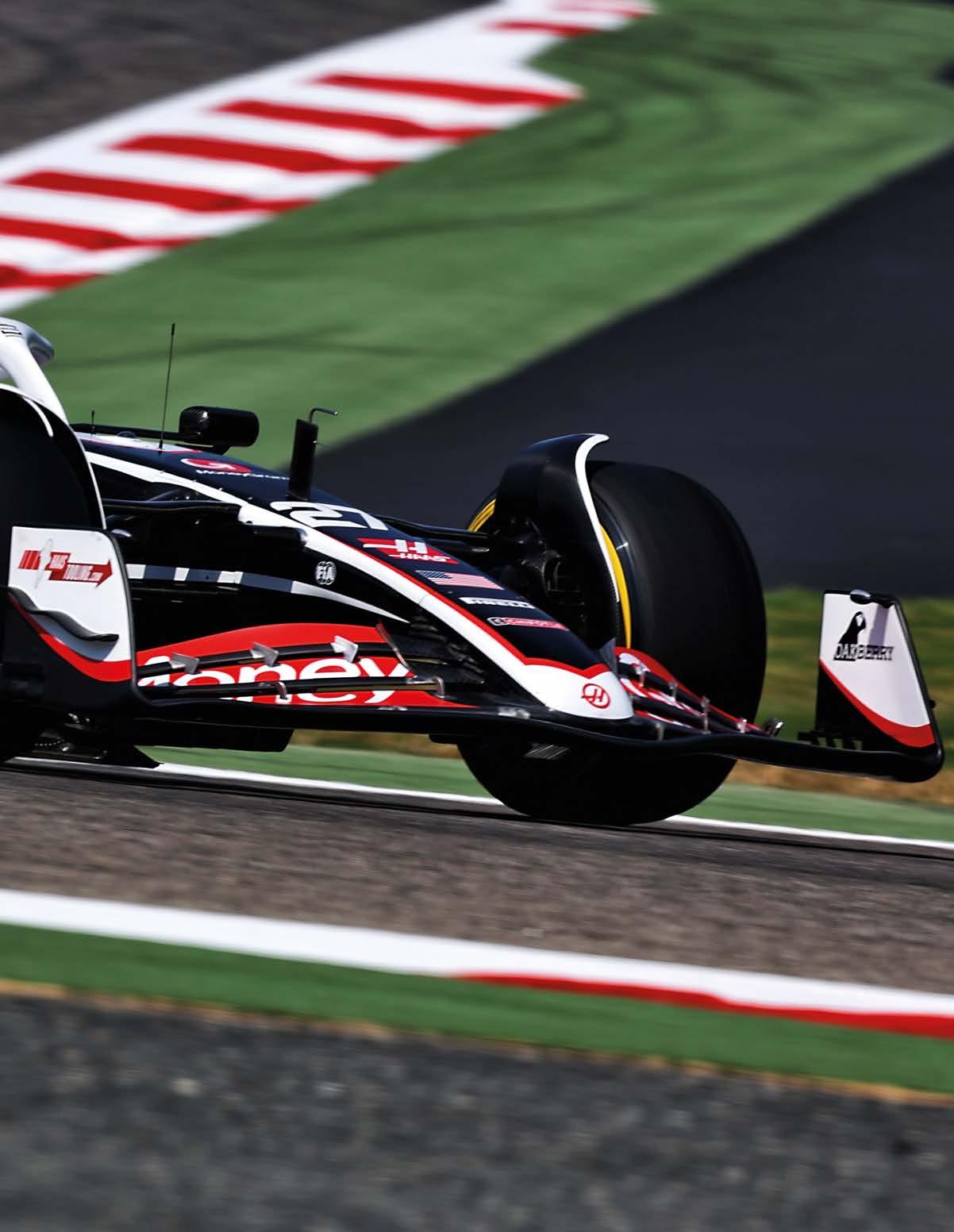
The American F1 team’s technical director and team principal divulge the areas in which the VF-24 could right the wrongs of last season
By DANIEL LLOYD



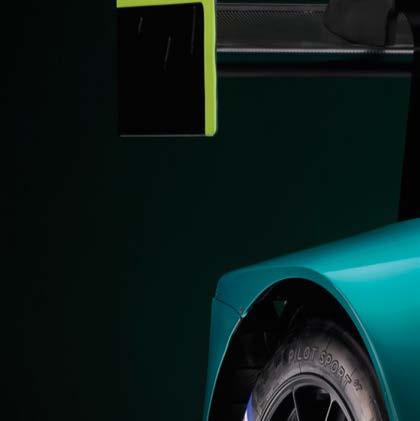

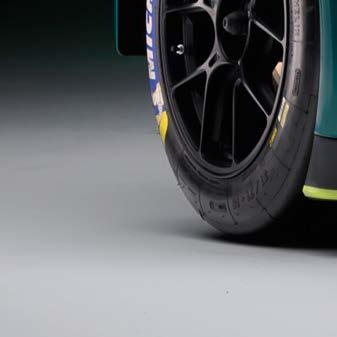



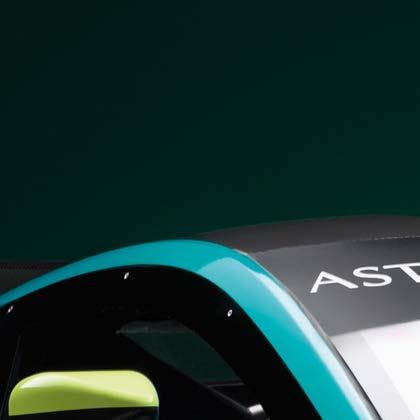








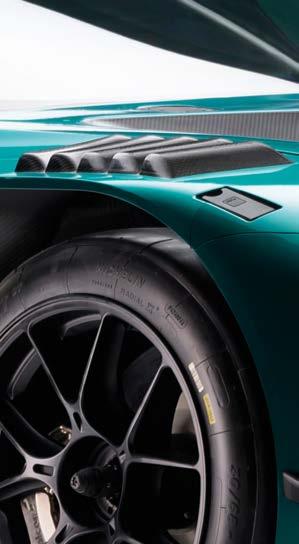









Aston Martin has introduced an evolution of its Vantage for the 2024 GT3 season, based on its new road car that was launched mid-February
 By ANDREW COTTON
By ANDREW COTTON

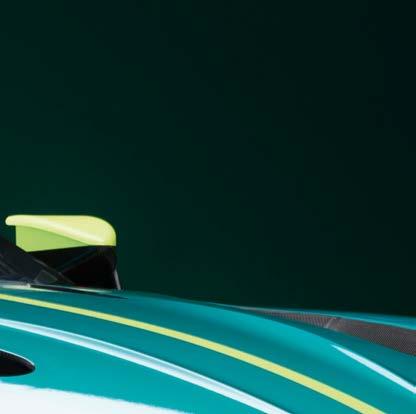



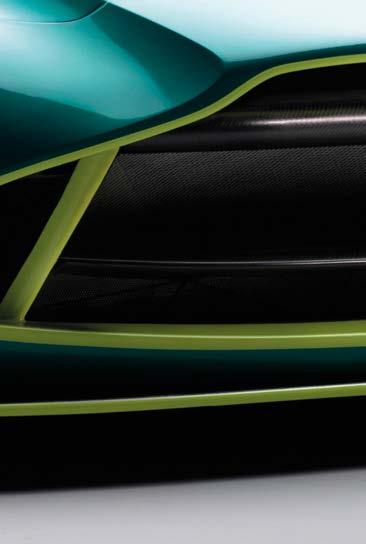











Formula E has a new electric support series that’s designed to bring young drivers up to speed... touring car speed
By LAWRENCE BUTCHER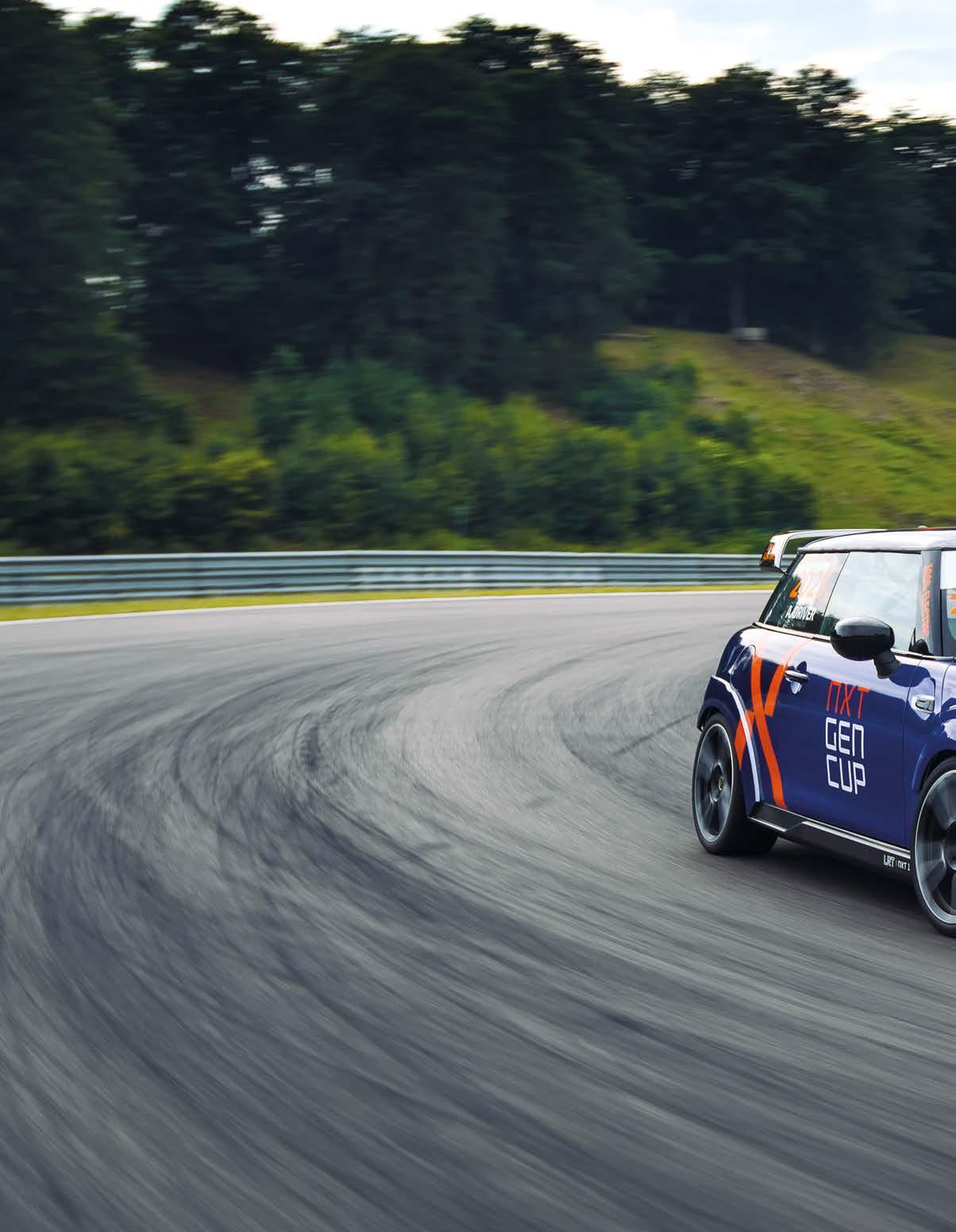
‘For the young drivers, it’s a modern, good-looking car that everyone knows. And size-wise, it couldn’t be much smaller and still fit the battery in, but it doesn’t need to be any bigger’
Fredrik Lestrup, founder of Lestrup RacingFormula E last had a support series with the somewhat bizarre Jaguar I-Pace eTrophy. Featuring an arrive-and-drive format, the races had a VIP driver each round and, to be honest, as proficient as the I-Pace is, it was never really cut out for street circuit racing.
Those who were hoping for some old school, door banging, touring car-style action were left wanting. It went the way of the dodo in 2020 and, in the intervening years, FE has been the sole billing at every round.

However, for 2024, the NXT Gen Cup will make an appearance at the four European races on the FE calendar and promises an altogether more engaging prospect. The brainchild of Fredrik Lestrup, founder of Lestrup Racing, the NXT Cup has already run a successful full season through 2023 and is aimed squarely at young drivers looking to step up to TCR-level racing.
Lestrup readily admits he was a late starter in motorsport, but that has not held back his ambition. Racecar decided to find out more.

he business of motorsport in 2024 is looking really strong and confident. Most race series appear popular, are attracting good support from new fans, and the influence of Formula 1 continues to grow, drawing attention from sponsors and partners across the board.
The Motorsport Industry Association (MIA) has attracted an increasing number of companies to come on our business development visits to NASCAR in the USA and the Motor Valley supercar community in Modena, Italy.
Our free to attend, trade only, CTS 24 Show in October at Silverstone, UK is already 50 per cent sold out for exhibitors, nine months in advance! These are all welcome signs of a buoyant, confident market this year.
In February, the MIA explored the exciting commercial future of motorsport in 2030 and beyond, with 250-plus insightful business leaders at our annual EEMS24 Discussion Forum. It is clear that motorsport’s journey to net zero is a positive one, with an eclectic mix of rapidly developing opportunities (not simply electric) that are ideal for the industry’s agile supply chain.
The limitations of electric solutions, and their likely costs, are under the spotlight and, where possible, being overcome.
However, this situation has encouraged many other net zero ideas to be considered, and rapidly developed, to meet potential global market demand.
The majority of the EEMS audience, when asked to vote on which solution should be the primary commercial focus over the next five years, said ‘all of them!’
Sustainability is no longer just an option, for it will be driven forward consistently by customers’ and fans’ demands. As a result, motorsport buyers will require suppliers to meet challenging sustainability standards, so it is worth starting work on this now.
We asked all delegates at the conference to look into the future and share their thoughts. The overwhelming response was that all openwheel motorsport will, over the next decade, follow the lead of F1 in using sustainable fuels. Endurance racing will see increased electrification alongside sustainable fuels and an increase in the use of hydrogen. Off road will be similar, but with BEVs involved in some way. Touring cars, being closer to mainstream automotive, will embrace hybrids and other solutions that are attractive to the car-owning public. In this way, touring cars could be a valuable test bed for on-street performance for the future.

You only have to look at the entry list in this year’s Dakar Rally to see the breadth of investment in a wide variety of solutions.
F1 chief technology officer Pat Symonds said the rate of change is unprecedented and urged the EEMS audience to ‘push the boundaries of possibilities and think big.’
Mainstream automotive is beginning to recognise how motorsport is creating a powerful, international business identity of value to the public, and their future. High performance cars, with motorsport input, are increasing sales and brand recognition internationally.
They also see a motorsport-based community that delivers results to tight deadlines and so informs vital strategic decisions in complex times. Competitive engineers doing battle on private land in motorsport, testing and validating different power solutions, is proving to be a great benefit to automotive and delivering new revenues to our industry.
Sustainable fuels, hydrogen combustion, electric, hydrogen fuel cells and hybrid were all discussed, and it was made very clear that the combustion engine is far from dead.
The journey of sustainable fuels is well underway. In the next three years, both Formula 1 and MotoGP will use fully sustainable fuels. F1 pledges to have net zero carbon emissions by 2030, the date when the FIA has committed to being fully net zero.
Increasing sponsorship and investments, in all forms, is the fuel that will keep motorsport thriving during this exciting future. Provable sustainability is increasingly vital to attract sponsorship from major brands. For example, 75 per cent of millennials seek out and buy environmentally friendly products, and 60 per cent of female F1 fans look for brands that support diversity. These new fans are increasingly savvy and diverse. Winning is just one reason for their loyalty: they will not buy from brands with a poor environmental record.
Our motorsport community welcomes new technologies with open arms and open minds. It has become a powerful advocate for alternative solutions for mobility. It innovates fast and accepts risks and failures as it drives to deliver results on time. This approach means solutions are continually being revised, developed and moved forward.
Motorsport reacts to challenges and delivers solutions to satisfy sporting regulators, not politicians, so keeping clear of the muddle that is mainstream OEMs and the BEV future. While links with politicians can help unscramble this difficult situation, motorsport can move forward, meet challenges and demonstrate the real-world solutions and technologies the world needs.
The MIA welcomes companies looking to grow their businesses and enjoy these challenges. To discuss becoming part of our motorsport business family, contact me (chris.aylett@the-mia.com). I can answer your questions and help you get your fair share of business in 2024.
Chris
Aylett is CEO of the MIA (Motorsport Industry Association) www.the-mia.comMainstream automotive is beginning to recognise how motorsport is creating a powerful international business identity of value to the public, and their future